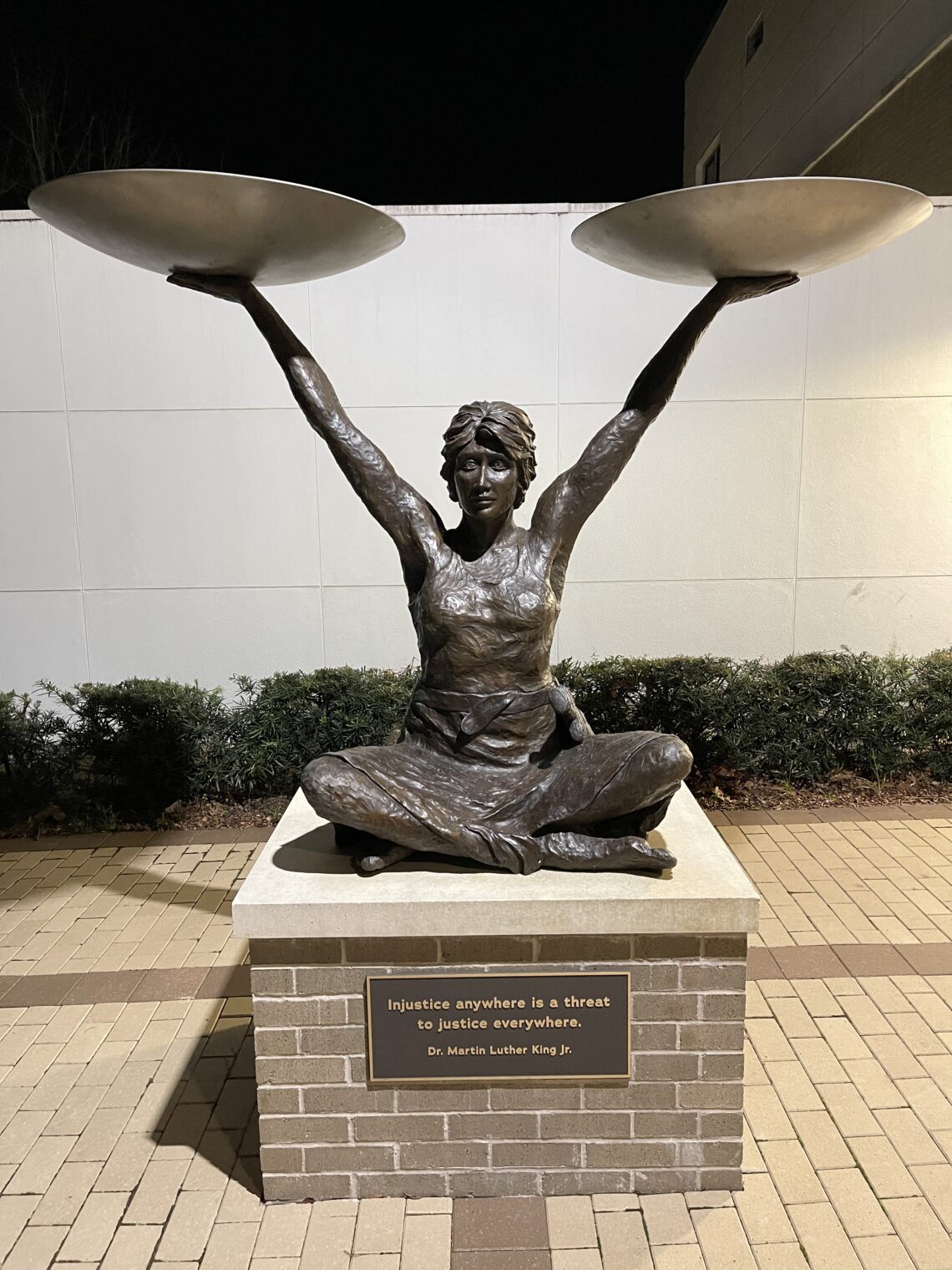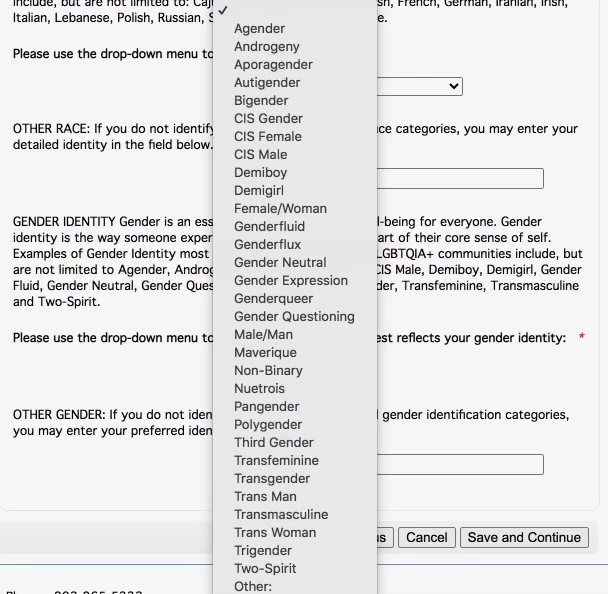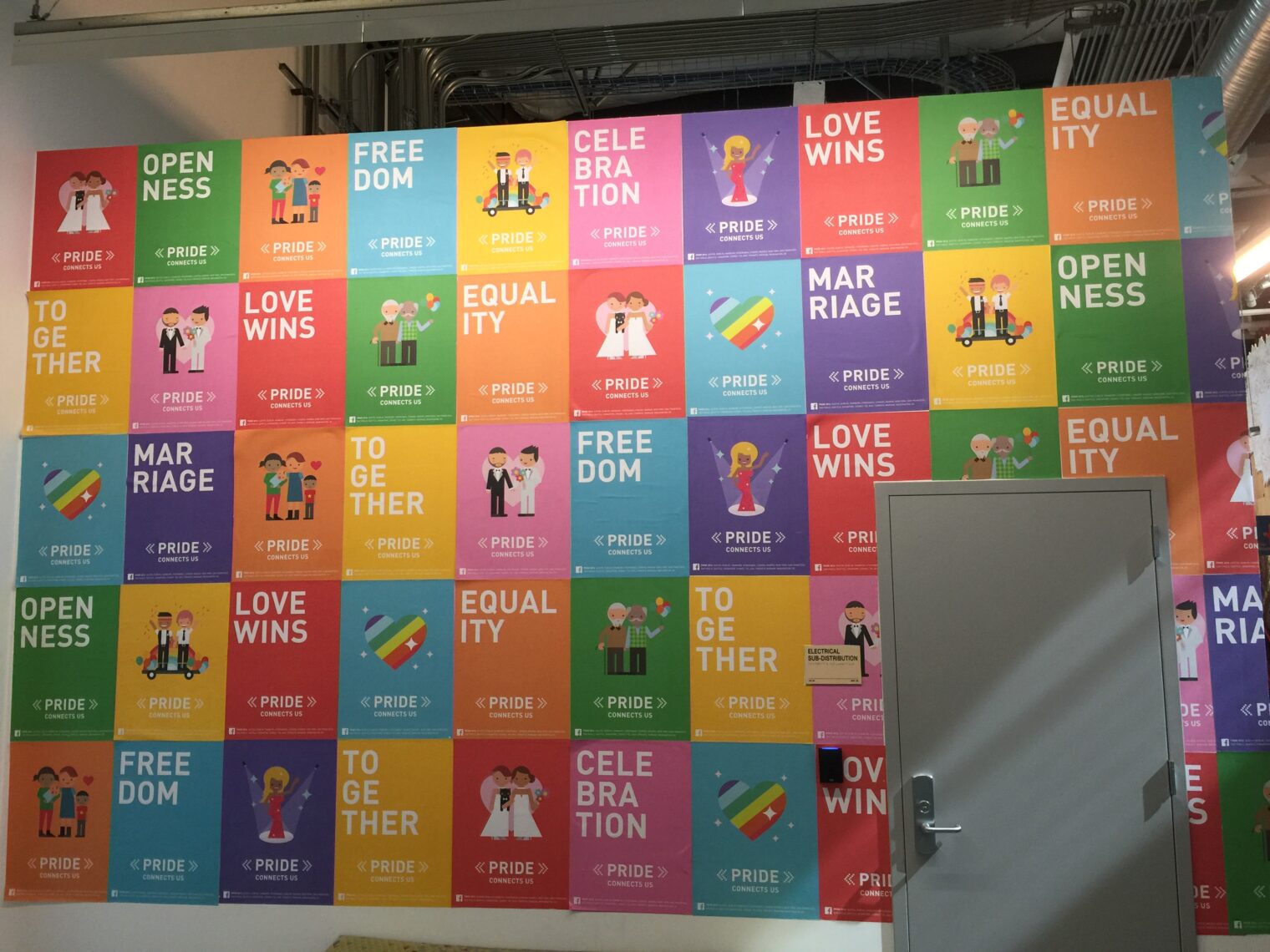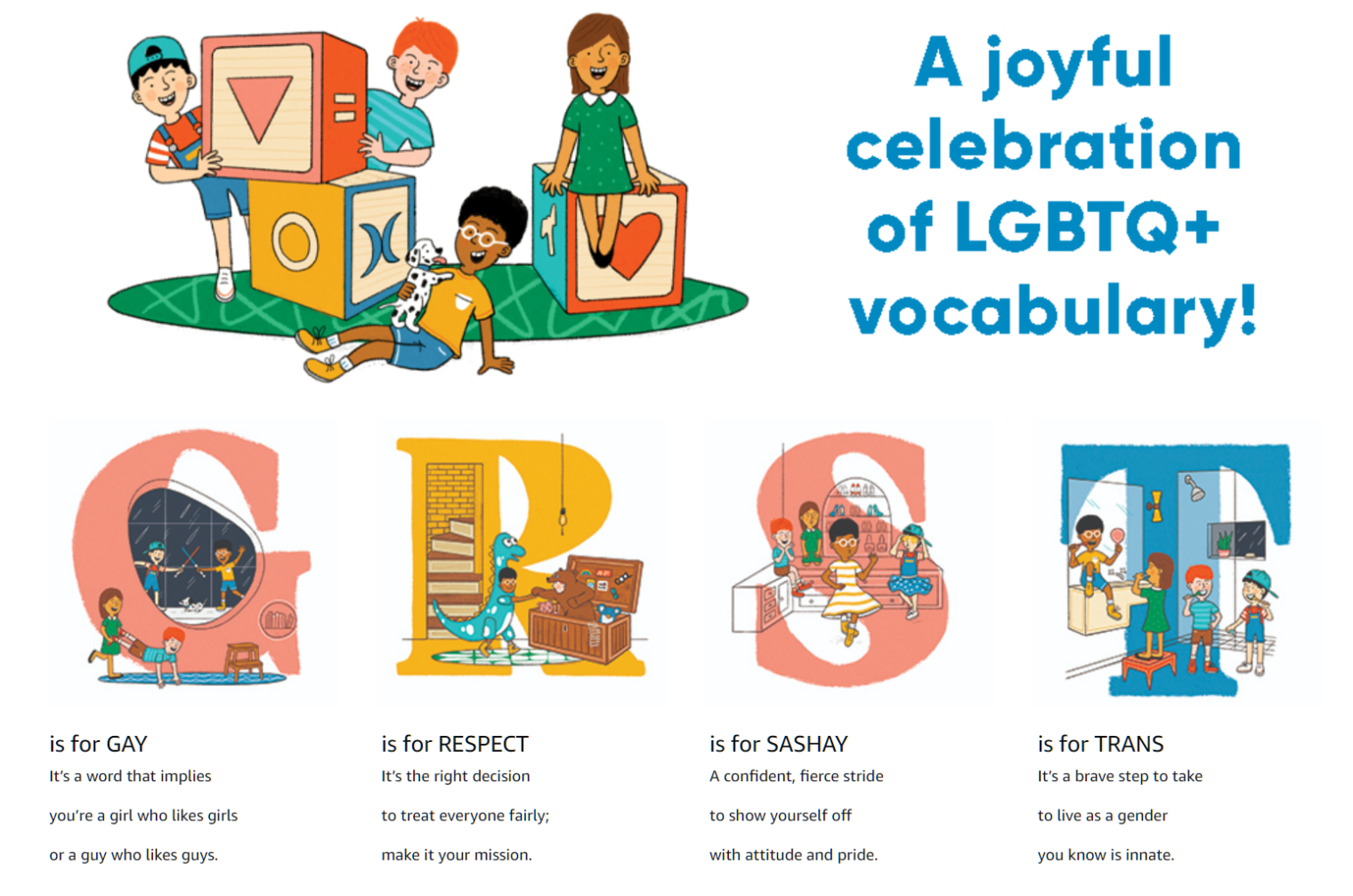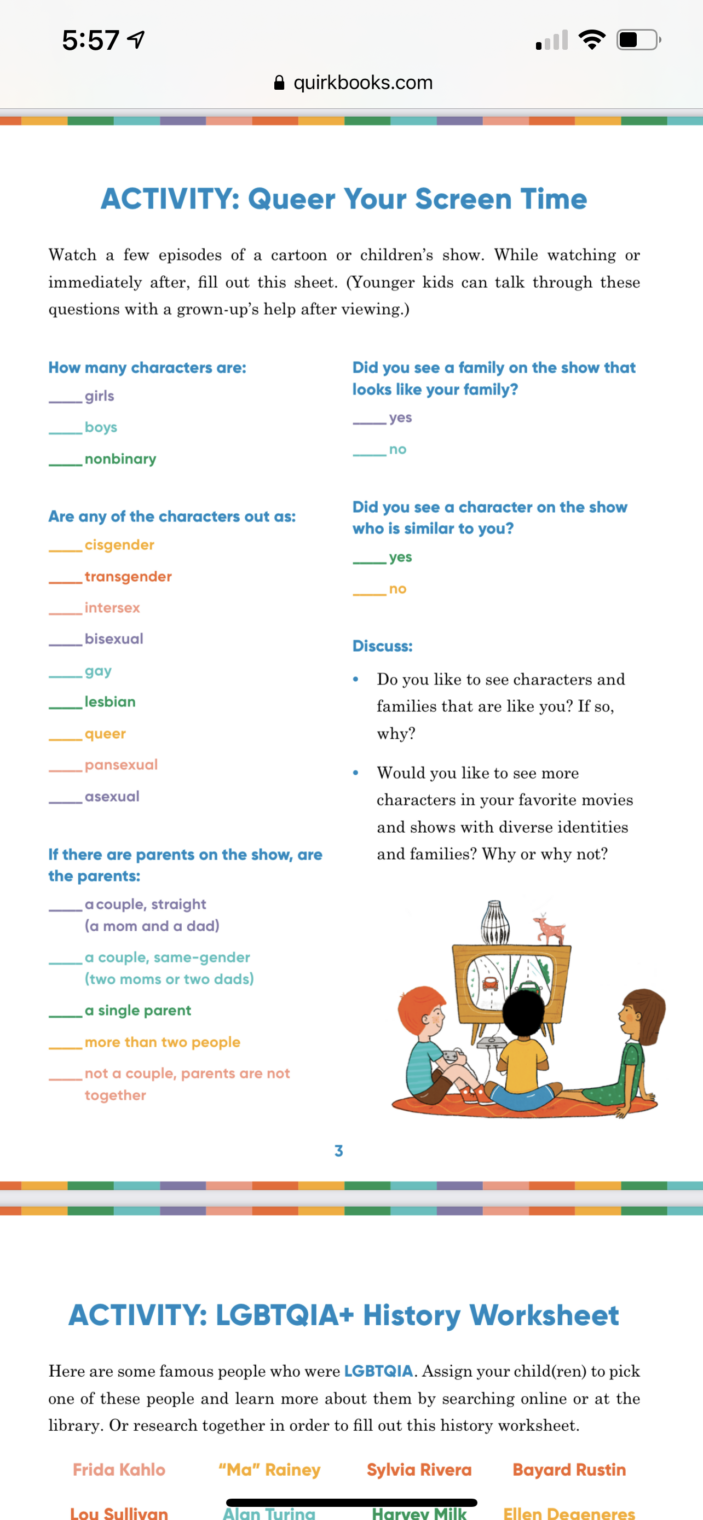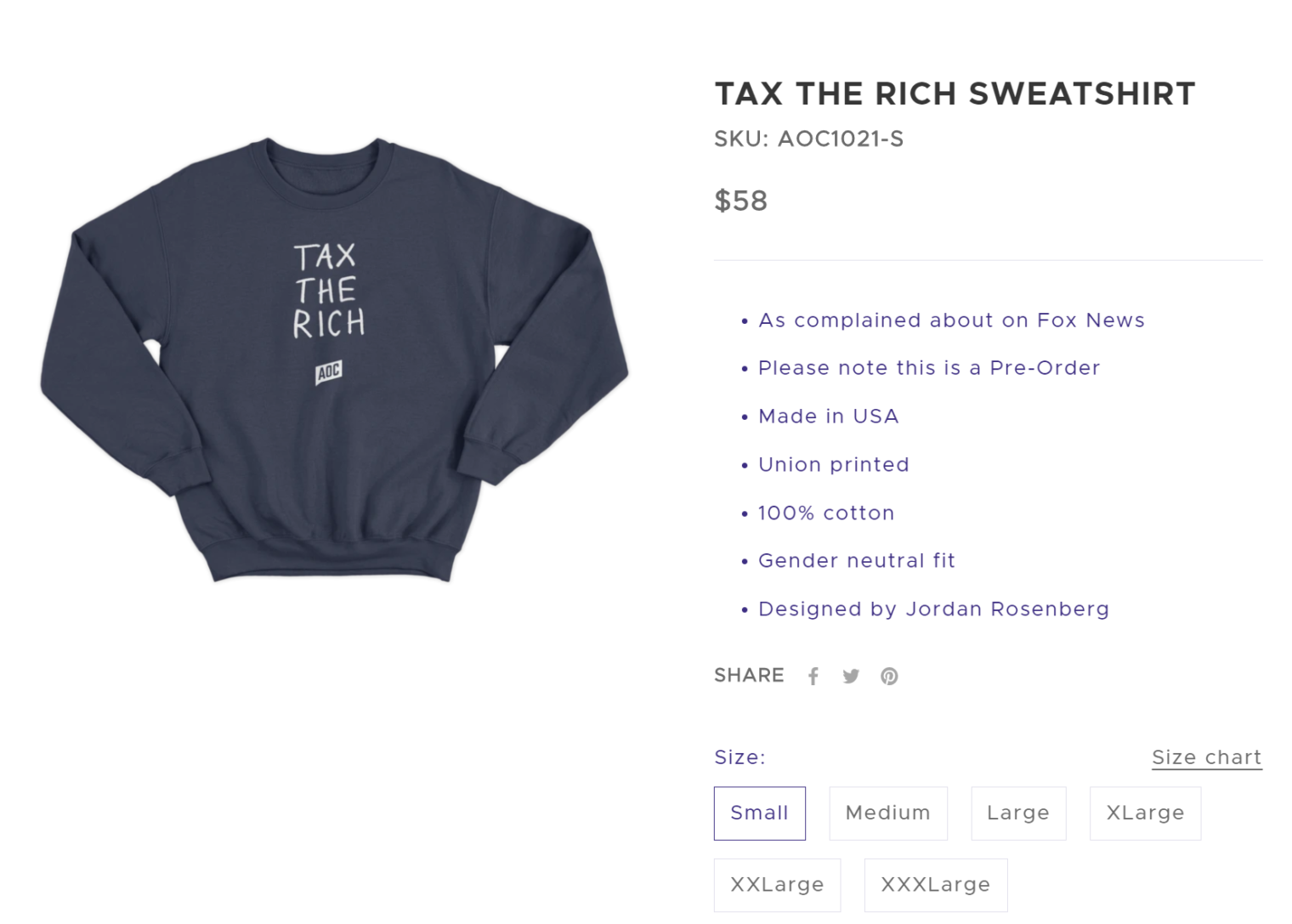Pride Month reading for children
Featured in the “Children’s Books” category of the New York Times recently… “This Coming-of-Age Novel Features a Girl on the Cusp of Manhood”:
Bug lives with her mother in rural Vermont. She’s 11, that terrible cusp of an age, right when everything is about to change. It’s the summer before middle school starts, and Bug’s best friend, Moira, has become a lot more interested in makeup, hoping to fit in. Bug has other concerns, especially the recent death of her beloved Uncle Roderick. A former drag queen in New York, Roderick was such a force of life that he may, in fact, be literally haunting Bug after his death. This is a very clever metaphor indeed, because Bug is haunted. When Moira talks winsomely of becoming a new person in middle school — “You don’t have to change, but don’t you want to?” — Bug remains troubled that what she sees in the mirror never matches how she sees herself. “A lot of books have a moral,” she tells us, “some lesson about how you have to stay true to who you are. … But those books never tell you how to figure out what your self is.”
I am being particular about pronoun use here because Bug uses “she” throughout the story until the moment of self-discovery — and then he doesn’t. “Too Bright to See” is the story of what it’s like to realize the gender you were assigned at birth is not the one you actually are. Lukoff — a transgender man himself — tells the story with such truth, such purity, such remarkable emotional clarity that you may be moved to tears by Bug’s triumph in the end.
This book is a gentle, glowing wonder, full of love and understanding, full of everything any of us would wish for our children. It will almost certainly be banned in many places, but your child almost certainly needs to read it.
The book review includes an education on current American politics:
Now here is a beautiful little book that carries a great, great weight on its shoulders. … Around the country, legislatures are suddenly busy enacting a variety of laws against transgender boys and girls, including one denying them medical treatment to transition before they’re 18. … When I say lives will be saved because of this book, I only wish it were hyperbole.
Based on the sample available at Amazon, Bug lives with a “single mom”:
Uncle Roderick’s room is at the top of the stairs. Mom’s is at the end of the hall.
Biology 101 interferes with procreation plans:
One of Uncle Roderick’s ex-boyfriends is across the room, down from Portland. … He was nice, but had wanted kids, and my uncle decided that I was enough kid for him, so they broke up but stayed friends.
(The book is set in Vermont, so if the ex-boyfriend were a biological female and had access to Clomid, he could have produced the kids that he wanted and harvested child support from Uncle Roderick under Vermont family law.)
I have no doubt that this will be a read-aloud hit with our kindergartener (this person, whose gender ID we will not assume, has already asked for an explanation of what the rainbow flags mean).
Separately, here’s what’s at the top of the HBO Max for my viewing pleasure:
How about Amazon Prime?
You might say “Of course these companies are putting LGBTQIA+ stories at the top of your feed because of your viewing history.” Yet, in fact, nearly all of the content that we stream is G-rated kids’ stuff. On the rare occasions when I’m able to watch a movie for grown-ups, it will be one without romance or sex of any kind.
Full post, including comments









